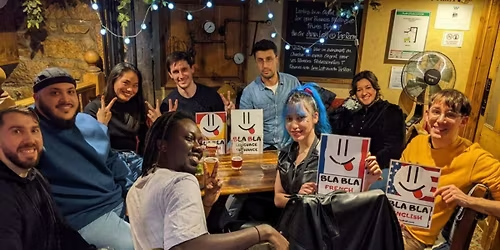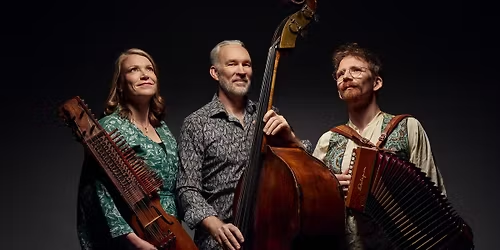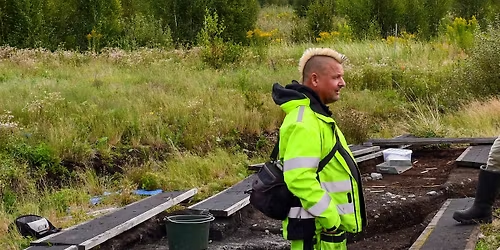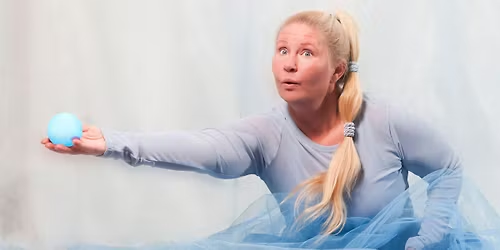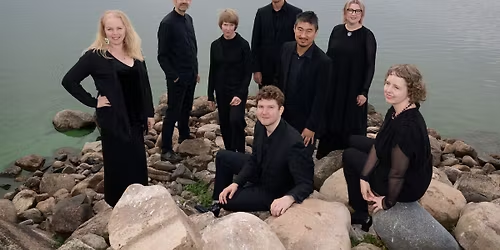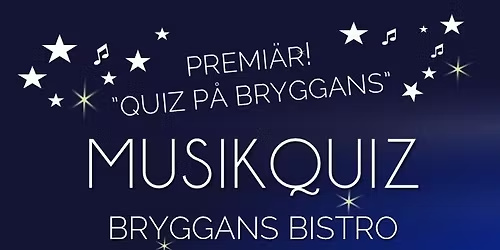
Advertisement
POSTHUMAN CARE is a day dedicated to exploring the idea of care beyond the human. We tend to think about care as a hands-on practice, but it can also take place at a distance—mediated through technologies, infrastructures, and networks of actors. To care can also mean adopting a philosophical stance toward relationships between beings—human as well as more-than-human.• What does it mean to care for someone we cannot speak with?
• What does it mean to care for a being whose way of sensing and understanding the world is radically different from our own—like a non-human animal?
• What does it mean to care for things—for material objects as well as abstract concepts?
The event is organized by STS@MDU, a forum for interdisciplinary collaborations grounded on an STS perspective. The scholars engaged in STS@MDU study the way technoscientific phenomena emerge and are reproduced through relationships between human beings, objects, technologies, non-human animals, soil, nature, culture, and other possible others.
LECTURE: “Interspecies care in everyday multispecies relations”
Nora Schuurman (docent of Animal Geography, University of Turku)
10:15–12:00, Room Gamma, Campus Västerås. The lecture is open to all, no registration needed.
Care is presumably the most important form of interaction between humans and domesticated animals. Everyday care practices, shaped by what is contextually understood as good care, directly affect the living conditions of animals, enabling them to survive and thrive in spaces controlled by humans. As a relational practice, care requires responsibility and commitment, but it also produces mutual dependence, fostering interspecies relationships based on intimate knowledge of the other. This lecture discusses interspecies care in the context of human–horse interactions and co-living, in the contexts of work, rescue, and retirement.
WORKSHOP: Moving through unknown care
Ella Hillström (social anthropologist) and Yari Stilo (dancer)
13:15–15:30, Room U2-013. Register for free: [email protected]
Starting from the understanding that knowledge is plural and that knowledge-making thus involves many forms, this workshop activates the body, the senses, the intuition, the absurd and the collaborative to research the themes and questions about care raised by Nora Schuurman in her lecture—imagine an embodied Q&A.
The workshop will be facilitated by the dancer Yari Stilo and social anthropologist Ella Hillström who have developed, over the past five years, a movement-thinking practice. They use this practice when they want to think together, not jump to conclusions and find unexpected paths to their inquiries. The movement practice involves journaling, moving, objects, speaking nonsense, answering impossible questions, collaboration and assistance.
We welcome you to join us for this creative and caring workshop.
MORE ABOUT THE GUESTS:
Nora Schuurman, Associate Professor, is a cultural and animal geographer and Senior Researcher at the University of Turku. She specialises in human–animal relations from a spatial viewpoint, particularly within equestrian and pet cultures. Recently, she has studied e.g. interspecies care, animal rescue and rehoming, animal agency, and death. Her current research focuses on human–forest relations and multispecies homes as well as on changing conceptions of animal pain. Her latest publications include the book Equine Landscapes of Interspecies Care (Palgrave Macmillan, 2024).
Yari Stilo received daily dance training from the age of 13 to 32. From 2005, he danced in several European theater-based companies inspired by, or that adapted ballet traditions. Since 2012, he has performed increasingly within experimental dance, participatory performances, choreographic installations, and performance art contexts. He has a master's in Perfromative Practice and Choreography and he has been teaching at Sand Dans Studio and Stockholms Konstnärliga Högskola, among others. Yari is also working as a personlig assistent for the artist and disabled activist Bengt Elmén.
Ella Hillström is a PhD candidate in social anthropology at Stockholm University. In her thesis, she explores how the face is made and known by looking at how cleft lip and palate, the most common congenital facial anomaly, is repaired. Her research lies in the intersection of science and technology studies, medical anthropology and critical disability studies. She’s very interested in questions concerning methodology, practices of world-making, and knowledge-making outside of the university.
Advertisement
Event Venue & Nearby Stays
Mälardalens universitetsbibliotek, Universitetsplan 1,Västerås, Sweden
Concerts, fests, parties, meetups - all the happenings, one place.
